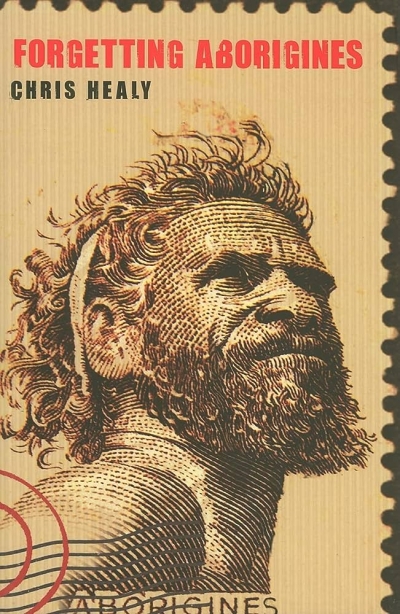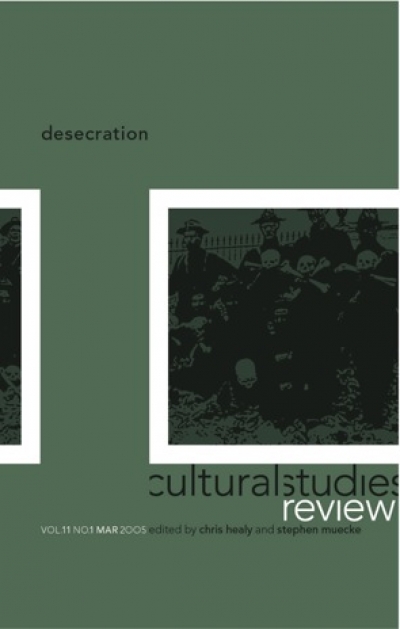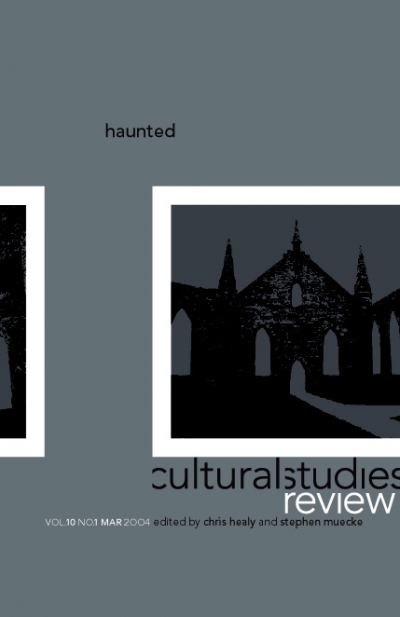Evil empire or fellow citizen? It seems to me that the arguments and counterarguments about America’s role in the world today run parallel to the debates concerning cultural studies’ standing in the humanities. It’s a thought that would have Raymond Williams rolling in his grave, of course. As an academic discipline, cultural studies was born Marxist, and reared to champion the local, the underdog, the oppressed. But intervention of all kinds, good and bad, is a form of influence. Act on behalf of others and for every round of applause, there’ll be a competing cry of indignation. Perhaps I should declare my hand? I’ve been in and out of English departments for the last fifteen years. I feel a sense of overwhelming gratitude to cultural studies for loosening literature from New Criticism’s explication de texte. That said, I mourn the loss of a community of readers that the canon – and the existence of English departments, discrete unto themselves – ensured. I also baulk at the idea that readers are mere consumers – that catch-all term – as if curling up with a novel was experientially no different to eating, shopping or watching television.
...
(read more)



